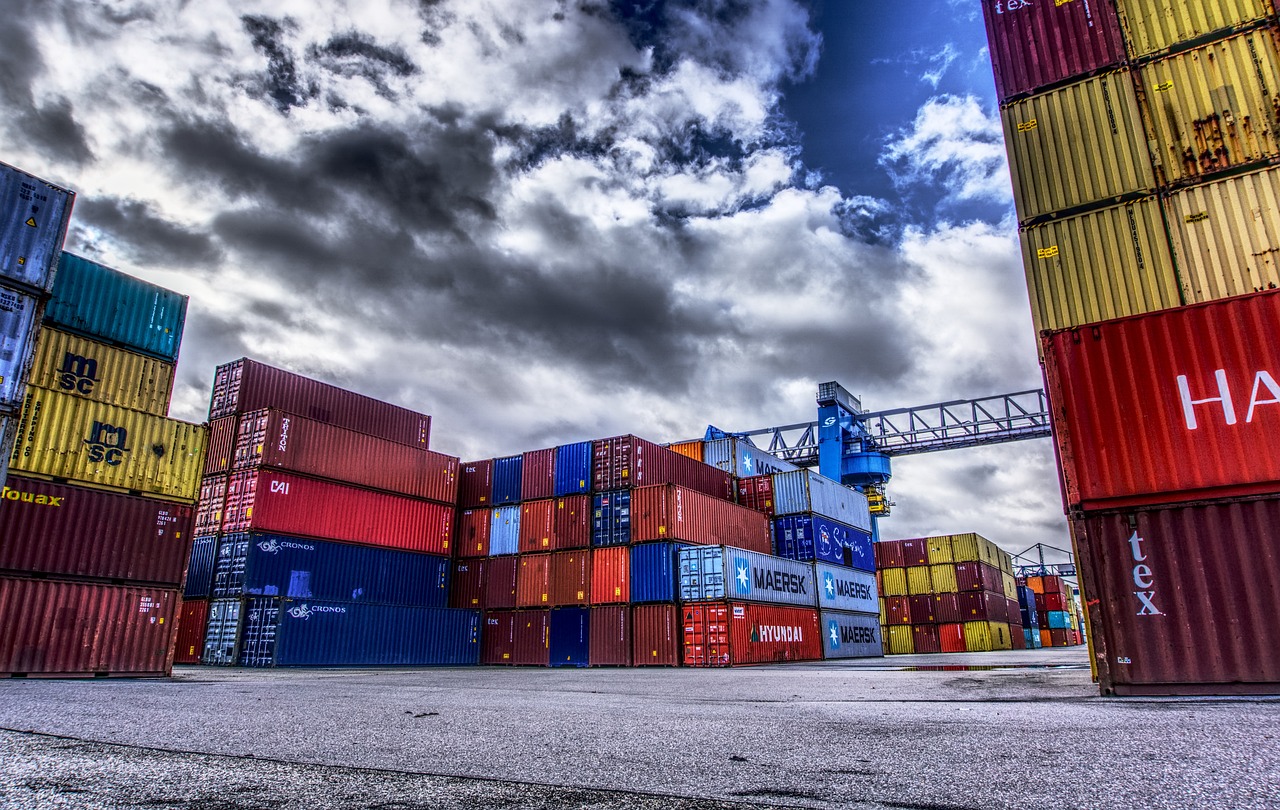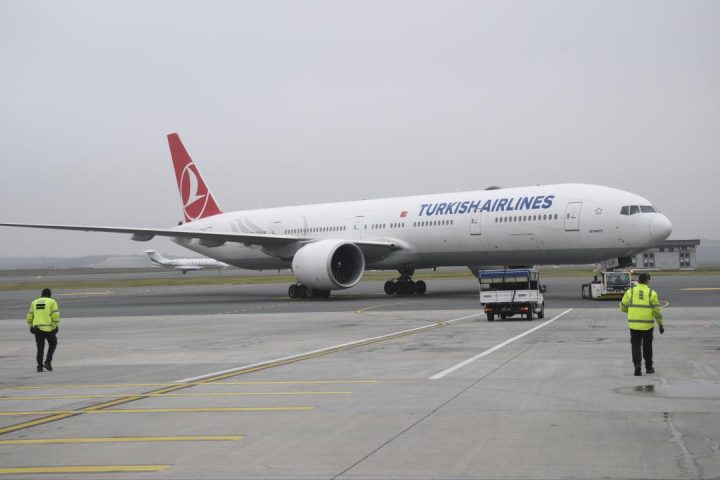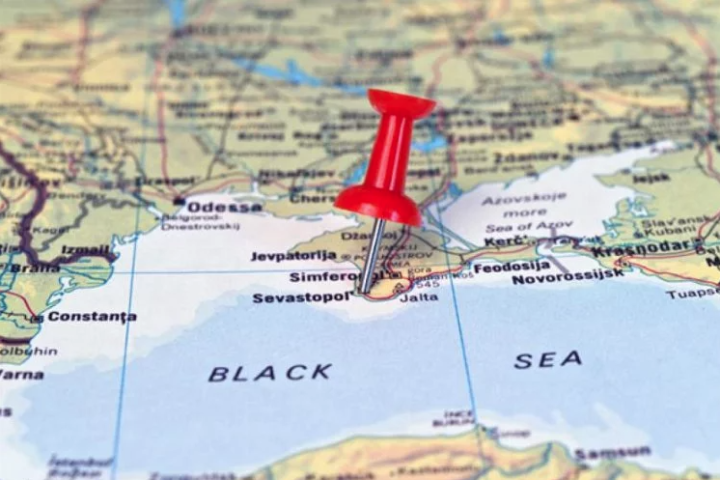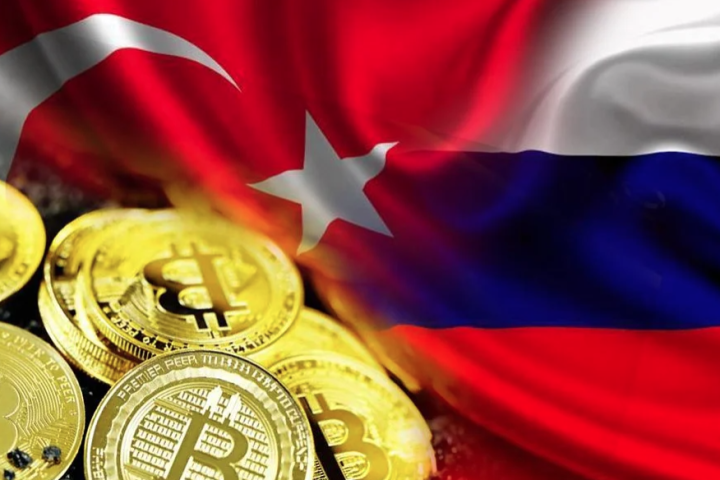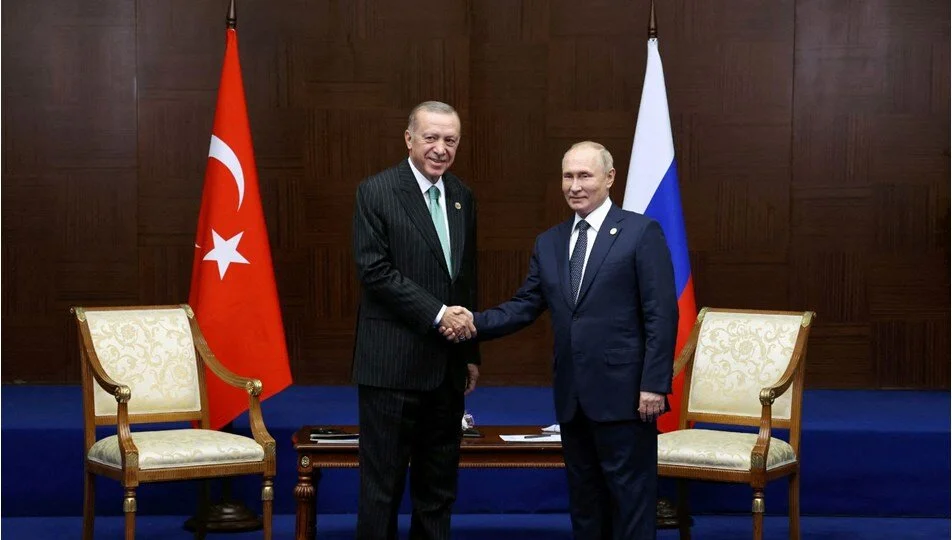Turkish people’s first distinct impression of Africa came through television, the main communication and information mechanism of society since the 1970s. Whereas Africa had previously been a spectre of masses of black-skinned people in the grip of poverty and disease, television made this spectre tangible with images of vast deserts, dense green forests, savannahs where lions roam, and communities running around in strange dances. The television that then propagandized political chaos, famines and epidemics – most of the images on the screen were taken from Western news agencies – laid the foundations for today’s Turkish businessman’s reticence towards Africa.
Africans were not as fortunate as we are in knowing the world because of the scarcity of opportunities available to them. Their main impressions of people outside Africa were of Western colonizers and the Asian laborers they brought from their other colonies outside Africa to provide intermediate services. Although the concept of the Turk was known to some tribal leaders and their descendants, whom the Turks had reached out to in some form or another during the period when they held the caliphate, this concept was also a myth for Africans.
The first time Africans encountered Turks was in the 1970s when Turkish contracting companies started to undertake projects in North Africa, particularly in Libya. At that time, North African countries, which met their contracting and engineering needs from Turkey, also met their need for cheap labor from Sub-Saharan Africa. Then, after 1980, Turkish companies undertaking various projects in Sub-Saharan Africa and some Turkish-origin sects and community structures that were institutionalized outside Turkey introduced the concept of Turkish to the African people. Interestingly, however, it was not until the 2002 Korea-Japan World Cup tournament between Senegal and Turkey that Turkey emerged on the African psyche as an intriguing Muslim, Western, developed and different from the colonizers.
The 2000s were not only a period of aggressive economic development for Turkey. At the same time, countries such as Nigeria, Ghana, Ethiopia, Kenya, Tanzania and Ethiopia began to use various opportunities for economic development, attracting significant foreign investment as regional development engines. Although there was a dominant inequality in the social pyramid, Africa was gradually acquiring a serious capitalist class that could hold money in its hands. The downside of the 2000s for Turkish-African relations was that Turks were not interested in any venture in Africa other than construction contracting. During this period, China, as a gigantic manufacturing power, was able to deliver its products even to the most remote tropical forest villages in Africa. Of course, the attraction of Chinese goods was the price. Whereas in the 1950s only an upper class African could afford a Western product sold at exorbitant prices, now at least 60 percent of the population had access to basic daily necessities.
By the 2010s, the search for price had given way to the search for quality for the masses of people who had become a classic middle class in cities with growing incomes and populations. Africa, which is now a lucrative market with weak competition, became a market that had to be explored by manufacturers from Antep, Kayseri and Ankara, who could not cope with the marketing infrastructure of Istanbul and Izmir producers in Europe and the former Soviet countries. Strangely for the African, Turkish goods, which produce goods at almost Chinese prices and almost European quality, have met with an unexpected demand. In a marketing world where quality and price are the biggest advertising elements, Turkish airlines systematically organized the number of flights, which led to a serious marketing circulation. Today, Turkey is on its way to gradually expanding its market from batteries to underwear, from pharmaceuticals to agricultural tools with Turkish consultancy groups that have also made inroads in the region.
Today, the fact that China is directing its main production investment to the communication and information sector and the African market’s demands for quality standardization are great chances for Turkish manufacturers. However, the biggest risk for Turkey’s African market comes from Turks. With their foreign exchange needs in Turkey and weakened markets in Europe and the former Soviet countries, Turkish manufacturers offer low prices with an aggressive marketing logic, causing an inter-Turkish competition in the African market. In addition, looking at the business in a purely marketing logic, avoiding local production investments and bypassing tax, customs and labor advantages creates a risk of losing markets to countries such as Morocco and South Africa, which are slowly emerging as a manufacturing power in the medium term. The fact that such countries, by using various advantages, will use the goods they buy from Turkey to import them into Africa with a new packaging means that the Turkish manufacturer will be shot with its own gun.
Today, a manufacturing center that is defined as simple and cheap in Turkey is a very important economic center for Africa. Today, what the Turkish manufacturer-entrepreneur needs to do regarding the African market is to determine the strategies regarding the characteristics of the market and to manage its operation as locally as possible, either alone or with micro cooperatives. Towards the 2025s, local advertising and marketing methods will determine the basis of intra-African sales with the developing communication and information infrastructure. In addition, being the most brand virgin continent in the world, if the projects to be undertaken especially in the retail and service sector in these years reach multi-armed, multi-branch structures, a Turkish economic infrastructure that has gained a place in the African economy with brands with high economic value will make various contributions to our country.

